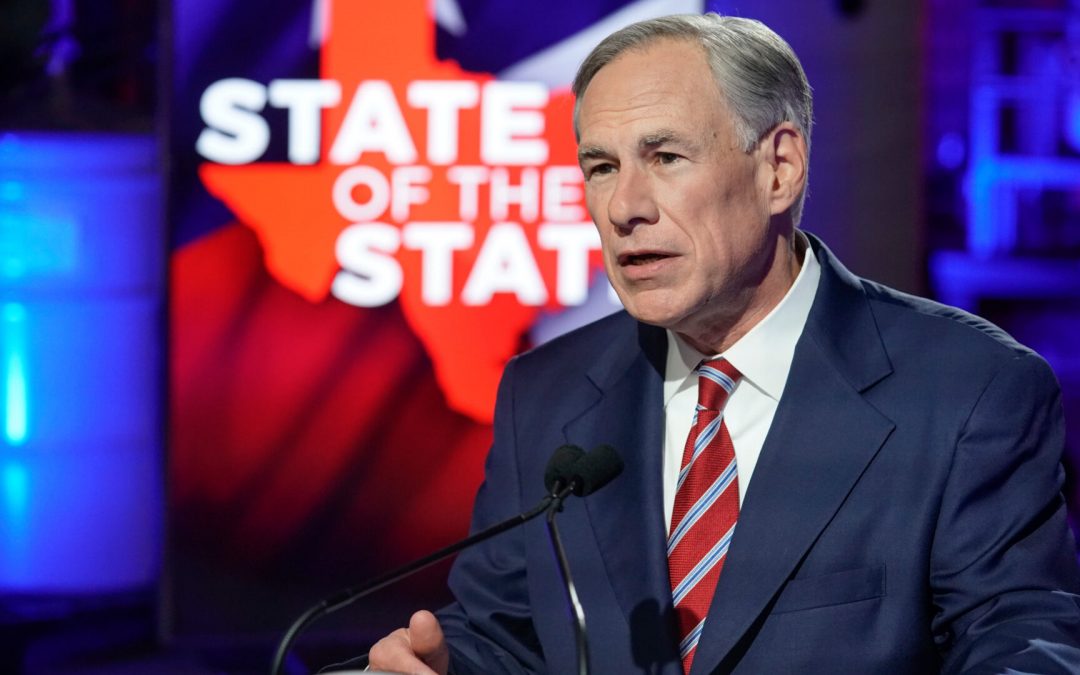
by TFR Staff | Jan 27, 2022 | Explainers
One of many government programs that many Texans have no clue exists is the Texas Enterprise Fund. Millions of tax dollars are distributed from this program, yet it never receives much attention from the public. The program is administered via the Office of the...

by TFR Staff | Jan 27, 2022 | News, State
Recently Truth In Accounting released their most recent Financial State of the Cities for 2022. This report analyzed the financial health of the top 75 cities in America during the COVID-19 pandemic. “The report found that 61 cities did not have enough money to...

by Jeramy Kitchen | Jan 26, 2022 | Texe Lege
On January 13, the True Texas Project hosted a Gubernatorial Forum for Republican Candidates for Governor. Among the attendees were former Republican State Sen. Don Huffines, former Florida Republican Congressman and former Republican Party of Texas Chairman Allen...

by TFR Staff | Jan 24, 2022 | Texe Lege
During this last session, there was a major push to ban the practice of taxpayer-funded lobbying that fell short. This was spearheaded by Senator Paul Bettencourt (R-Houston) and his bill SB 10. This issue was one of the Republican Party of Texas’s legislative...

by Jeramy Kitchen | Jan 24, 2022 | Texe Lege
On January 13, the True Texas Project hosted a Gubernatorial Forum for Republican Candidates for Governor. Among the attendees were former Republican State Sen. Don Huffines, former Florida Republican Congressman and former Republican Party of Texas Chairman Allen...








